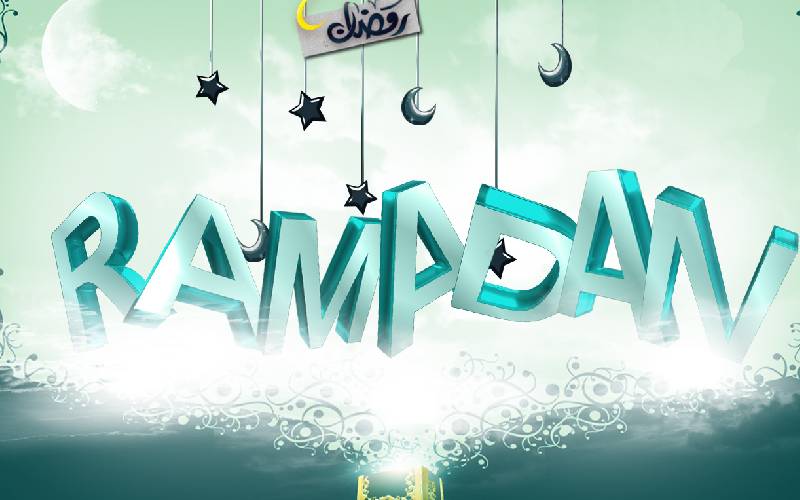×
The Standard e-Paper
Home To Bold Columnists

Some 1.8 billion Muslims, or 25 per cent of the world’s population started fasting for the holy month of Ramadhan; observing the commandment from the Holy Quran “Oh ye who believe! Fasting is prescribed for you as it was prescribed for those before you, so that you may become righteous’’. Clearly, the objective was not to starve people, but to bring them to the path of righteousness and back to God.